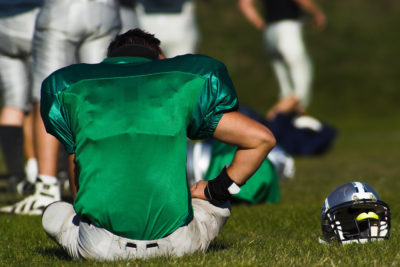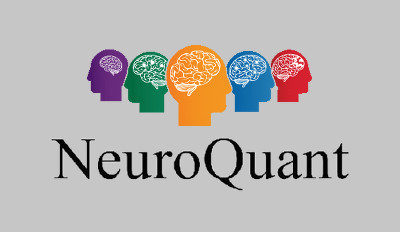 We are a society drawn to and connected by sports. The Super Bowl each year attracts record crowds, both in the actual stadium and on their sofas at home, glued to the TV as the game and its high-priced, impactful advertising and halftime show send messages about who we are as a nation.
We are a society drawn to and connected by sports. The Super Bowl each year attracts record crowds, both in the actual stadium and on their sofas at home, glued to the TV as the game and its high-priced, impactful advertising and halftime show send messages about who we are as a nation.
We root for much-loved college teams on the gridiron, on the ice, on the court, and more. All regularly-scheduled programming halts for three weeks while we become fascinated with the extreme talent of the Olympics, bringing the entire world together to champion sportsmanship and perseverance.
Sports can level a playing field. Sports can give children something to shoot for, a landscape where they believe they have a chance at glory. Sports is an arena where humble everyday folks from small towns can rise to fame and fortune simply because they play the game well, hard and consistently.
And yet, sports can be our downfall.
 As NFL spouse Emily Kelly wrote in this poignant New York Times opinion piece, football not only forced retirement on her husband, Rob Kelly, at the age of 28, it caused irreversible brain damage that will plague him for the rest of his life.
As NFL spouse Emily Kelly wrote in this poignant New York Times opinion piece, football not only forced retirement on her husband, Rob Kelly, at the age of 28, it caused irreversible brain damage that will plague him for the rest of his life.
We are only just beginning to understand the far-reaching and life-changing impact of high-intensity sports on brain function. While we can actually see the negative impact on, say, a bone or skin, it’s hard to truly know when the brain sustains damage that cannot be treated.
As Kelly writes in this piece, top NFL medical experts “for years denied any link between the sport and long-term degenerative brain diseases like chronic traumatic encephalopathy.”
 It was 2009, Kelly writes, when “the NFL publicly acknowledged that concussions can have long-term effects.”
It was 2009, Kelly writes, when “the NFL publicly acknowledged that concussions can have long-term effects.”
Sports can, indeed, be uniting. Here in Detroit, we have long been a city plagued by a bad reputation but uplifted by incredible sports teams. All Detroiters, from every race, religion and socioeconomic origin, connect by supporting the Pistons, the Red Wings, the Tigers and even the long-suffering Lions.
We need sports to show us that victory can, in fact, be ours. But we need to be smart about sports. We cannot sacrifice our most talented athletes to life-crippling brain injury just because it makes us feel better about our cities and our teams.
It’s time to understand and advocate for more information so we can protect not only our professional athletes, but every child who starts with youth sports and aspires to take it all the way.










